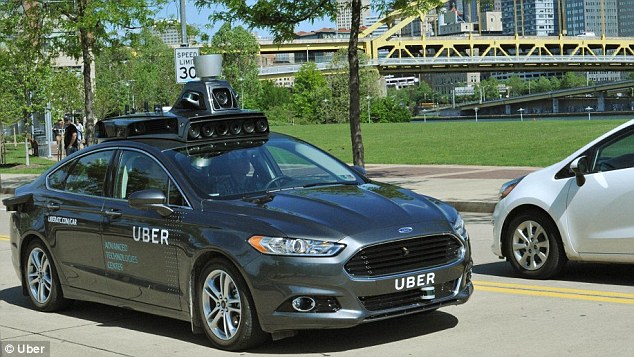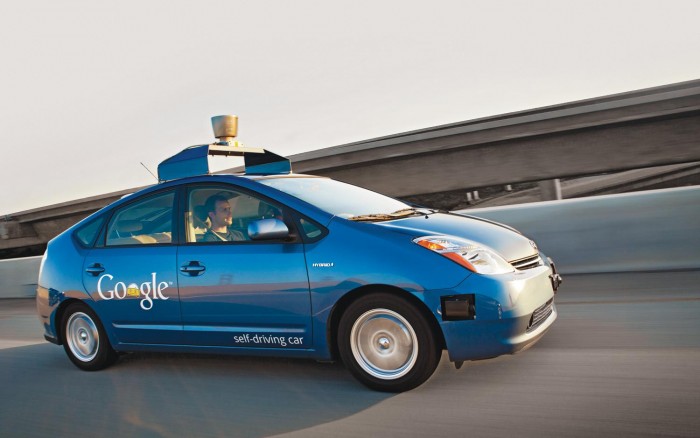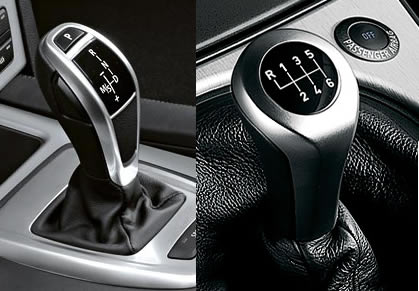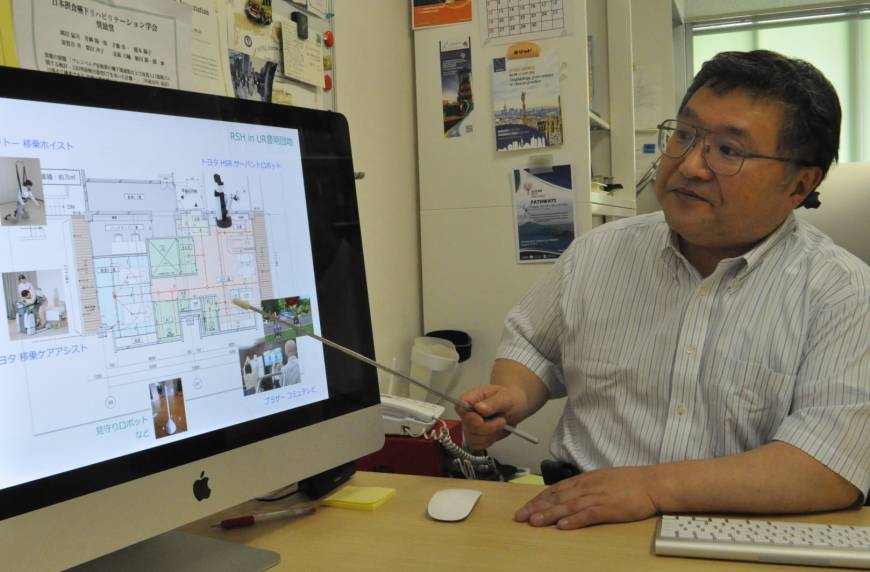Now Reading: Survey shows more than half want steering wheels in their self-driving vehicles
-
01
Survey shows more than half want steering wheels in their self-driving vehicles
Survey shows more than half want steering wheels in their self-driving vehicles

When it pertains to self-driving cars, there’s still a lot that has yet to be figured out, much of which concerns customer trust and safety. From whether robot-driven cars need steering wheels to who is responsible when the robot-driven car crashes, these unanswered concerns are the center of continuous argument in the transportation market.
While the market and regulators have yet to arrive at a conclusive standard, individuals have certainly spoken. In a study of 50,000 people all over the world carried out by Volvo, 79 percent of individuals stated they believed carmakers must presume liability when it comes to crashes and 55 percent of individuals stated they wanted a steering wheel in their self-driving vehicles.
That’s good news for Volvo, and likely why the firm highlighted these findings, because in 2015, the business was the very first making a pledge to assume liability for any and all self-driving mishaps.
There’s still dispute over whether steering wheels and semi-autonomous innovation are really more hazardous in self-driving vehicles, considering that it presents the capacity of human error into the equation.
Stay Informed With the Latest & Most Important News
Previous Post
Next Post
-
 01Polestar Boss Says It’s Time To Outrun BMW M And Mercedes-AMG
01Polestar Boss Says It’s Time To Outrun BMW M And Mercedes-AMG -
 02Spy Shots: 2027 Mitsubishi Pajero Spotted in Testing Ahead of Possible U.S. Return
02Spy Shots: 2027 Mitsubishi Pajero Spotted in Testing Ahead of Possible U.S. Return -
 032026 Toyota Hilux EV: A Powerful Truck with Silent Torque
032026 Toyota Hilux EV: A Powerful Truck with Silent Torque -
 04Spy Photos: VW ID. Polo GTI Goes Electric with 223 HP and 280 Miles of Range
04Spy Photos: VW ID. Polo GTI Goes Electric with 223 HP and 280 Miles of Range -
![2027 Mercedes-Benz S-Class Debuts with V8 Engine [Photo Gallery]](https://speedlux.com/wp-content/uploads/2026/01/2027-Mercedes-Benz-S-Class-33-155x125.jpg) 052027 Mercedes-Benz S-Class Debuts with V8 Engine [Photo Gallery]
052027 Mercedes-Benz S-Class Debuts with V8 Engine [Photo Gallery] -
 06The Controversial Ford Voodoo V8 That Was Killed Off Too Early
06The Controversial Ford Voodoo V8 That Was Killed Off Too Early -
 07Hyundai Palisade’s Breakout Year Shows How Quickly the Market Can Turn
07Hyundai Palisade’s Breakout Year Shows How Quickly the Market Can Turn



![2027 Mercedes-Benz S-Class Debuts with V8 Engine [Photo Gallery]](https://speedlux.com/wp-content/uploads/2026/01/2027-Mercedes-Benz-S-Class-33-700x394.jpg)










































